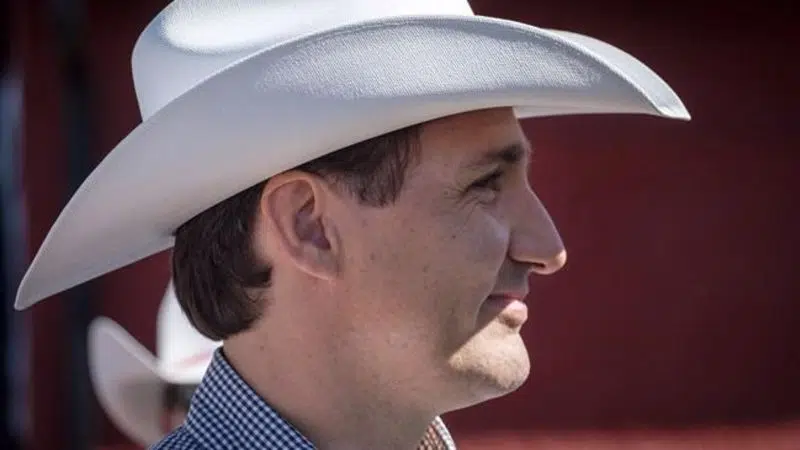
‘Havoc and chaos:’ Alberta separatist group gains support as Liberals re-elected
CALGARY — There’s been a surge of support for an Alberta separatist group since the Liberals secured a minority government Monday night, and while political scientists say a split from Canada may not be a real possibility, the anger underlying the movement is serious.
“The idea of Canada has died in the hearts of many, many western Canadians,” said “Wexit” Alberta founder Peter Downing, a former soldier and RCMP officer.
The Liberals managed to hang onto seats in Atlantic Canada, Quebec, Ontario and British Columbia, but Alberta and Saskatchewan ended up Conservative blue except for one NDP riding in Edmonton.
The VoteWexit Facebook page with its motto “The West Wants Out” went from 2,000 or so members on Monday to nearly 160,000 and counting by Tuesday afternoon. Downing said his group received more than $20,000 in donations and membership fees overnight.


